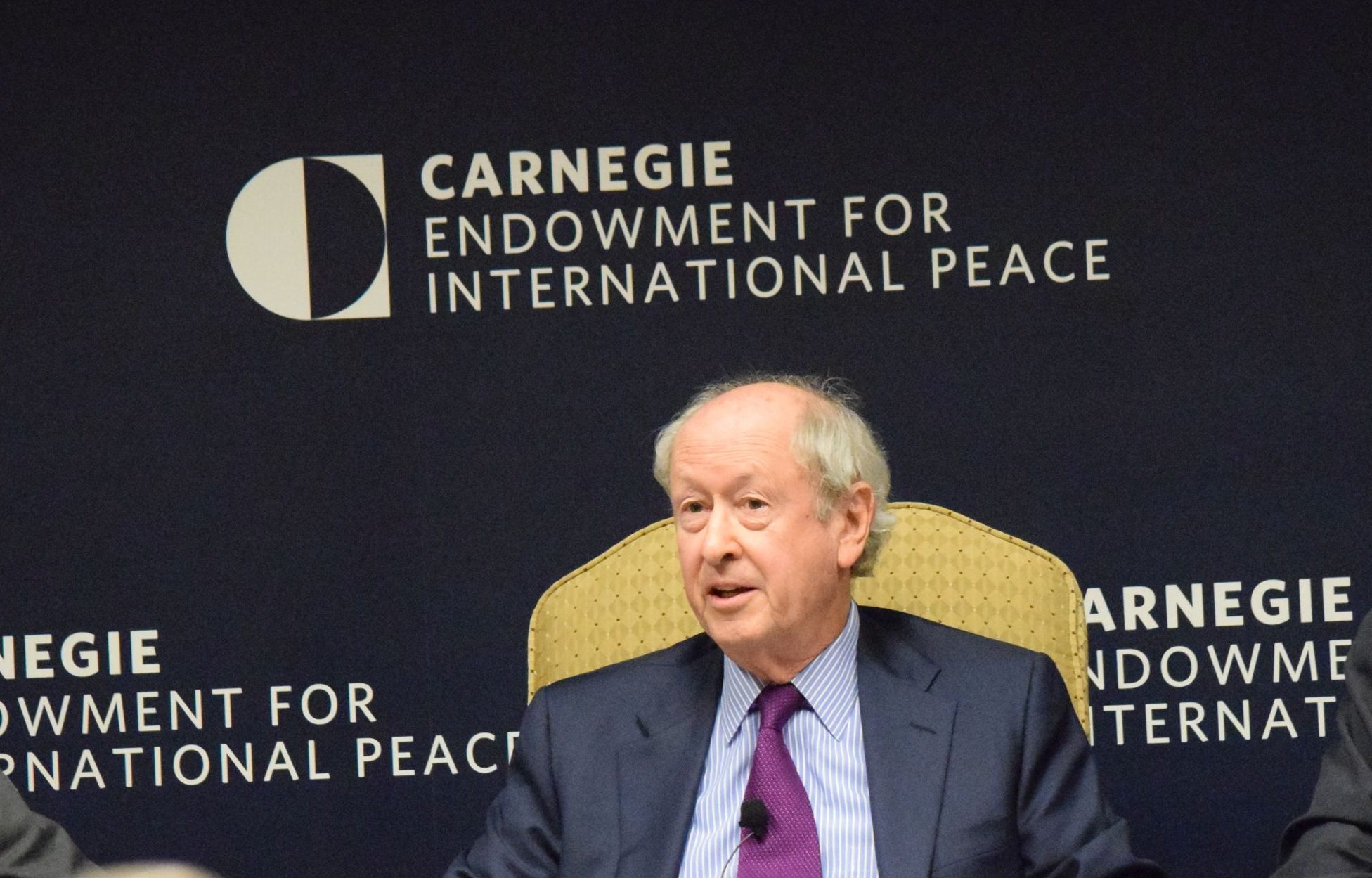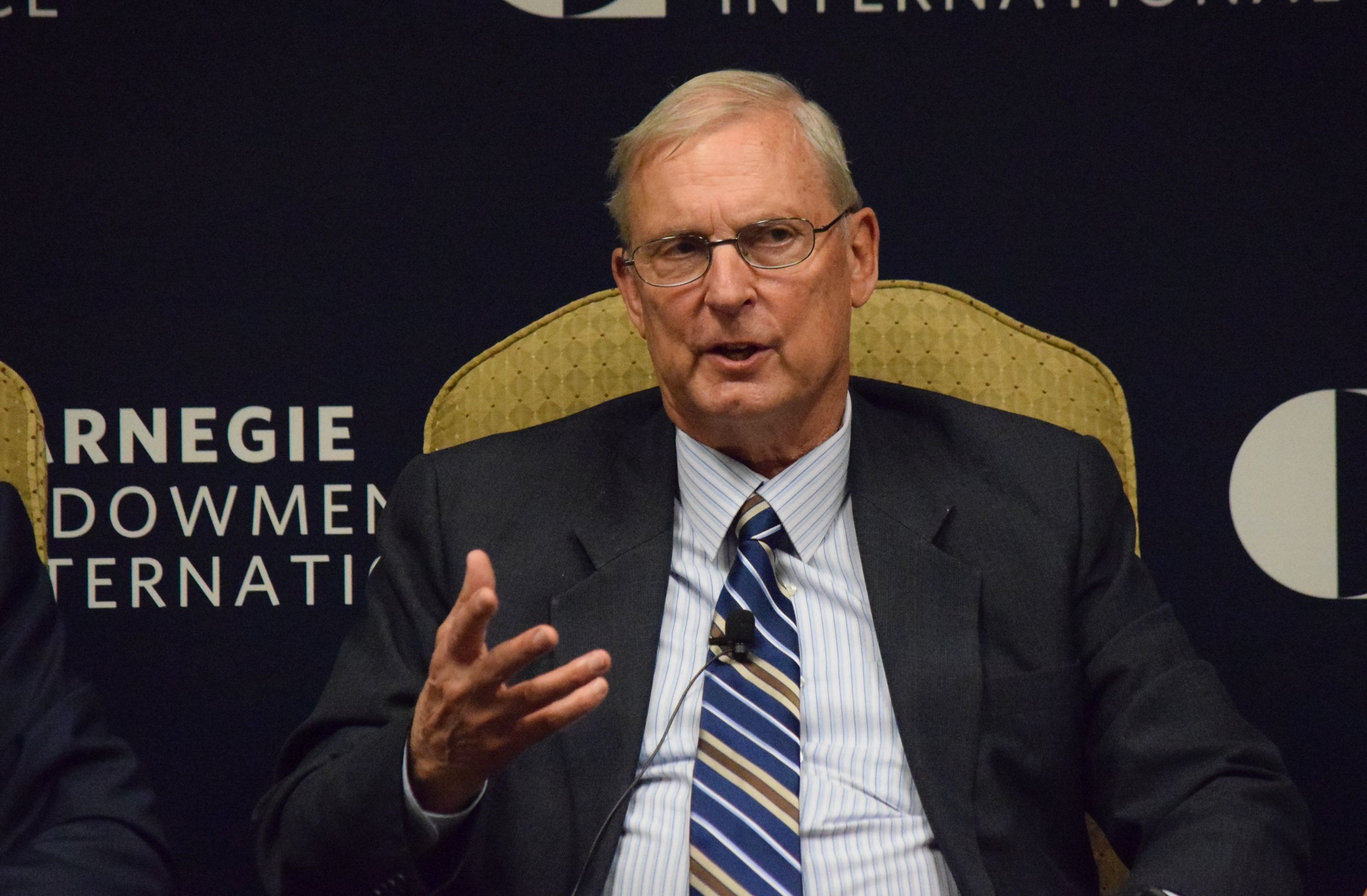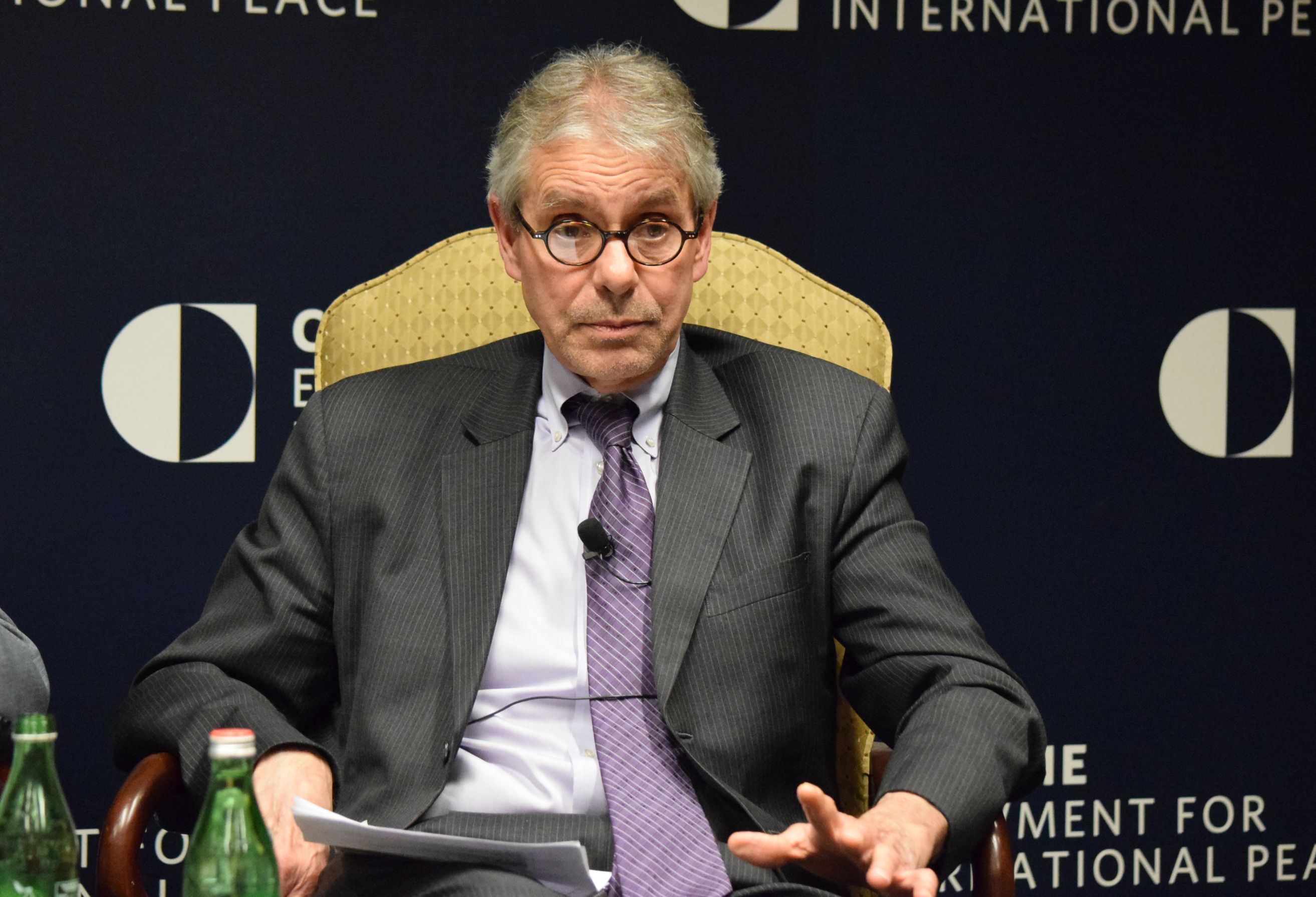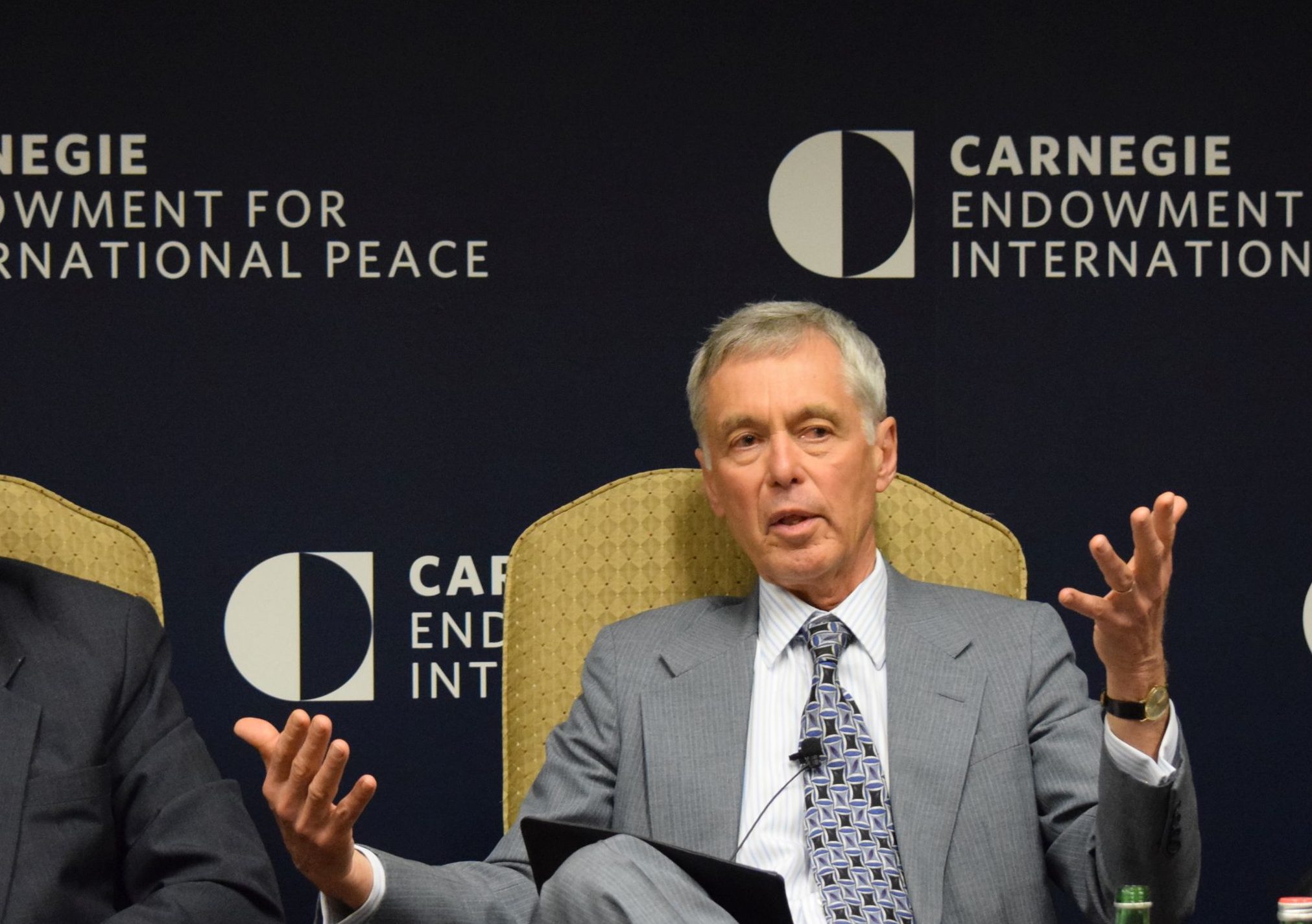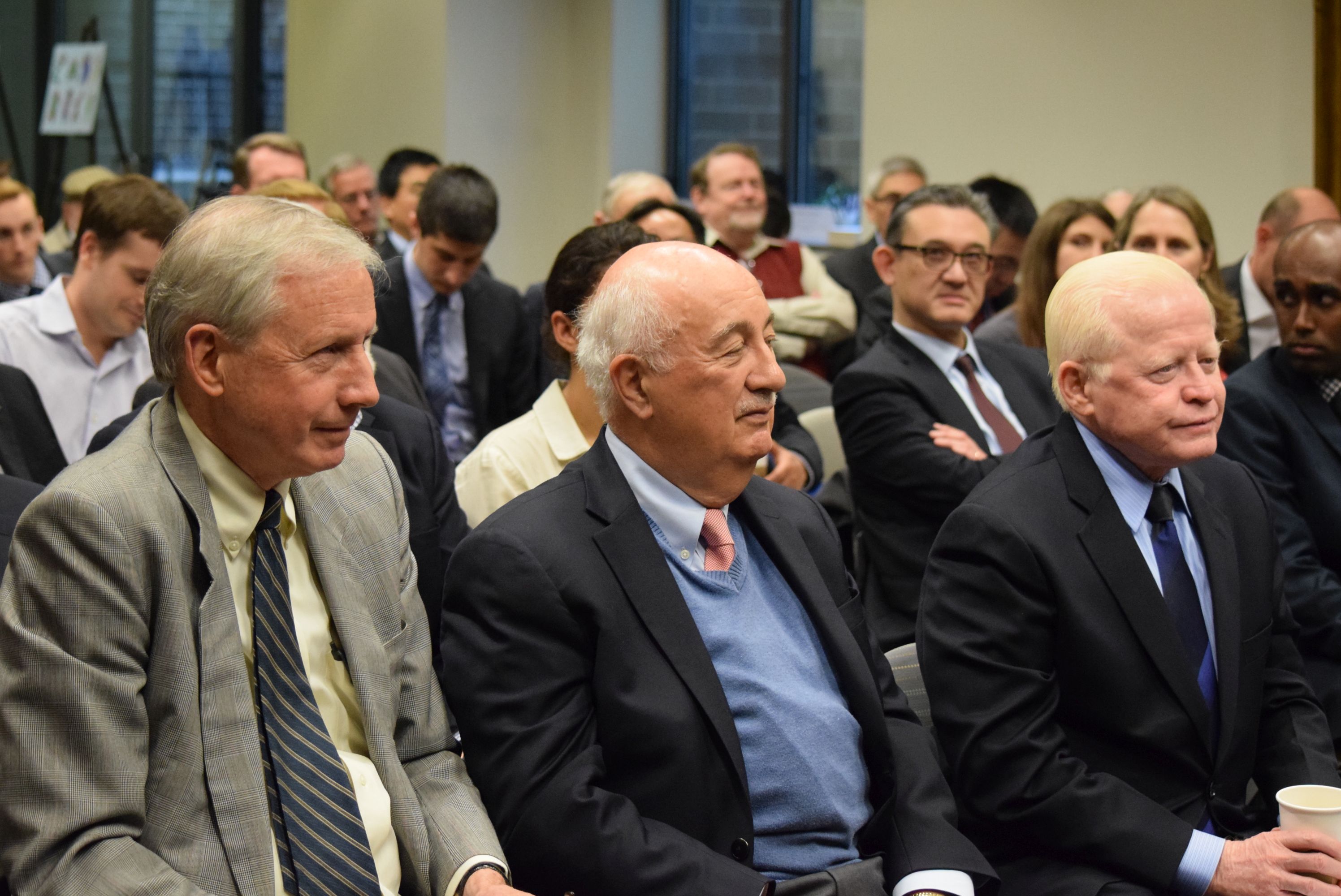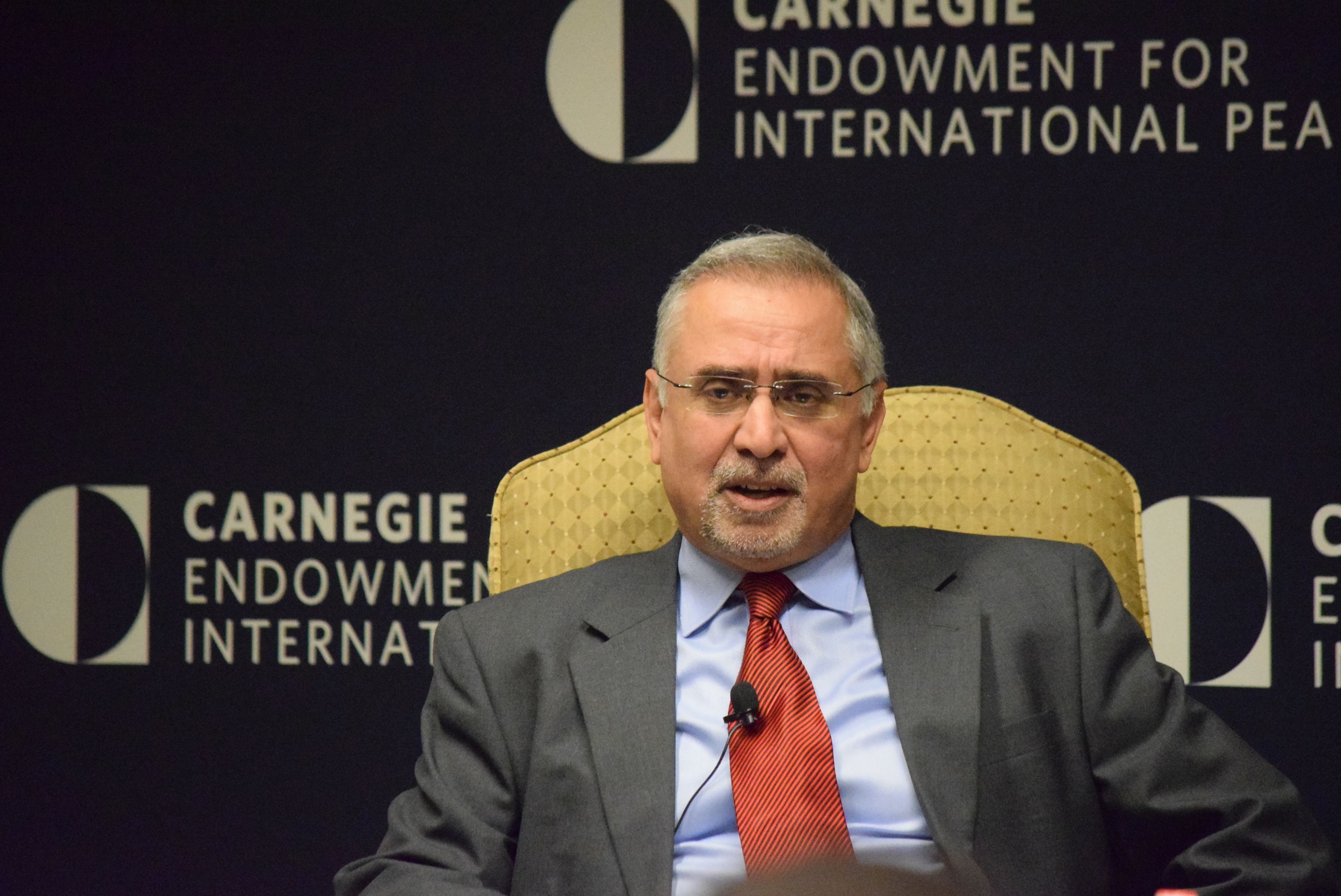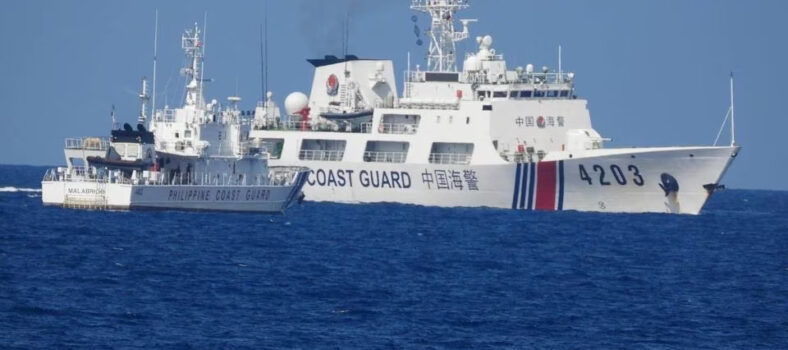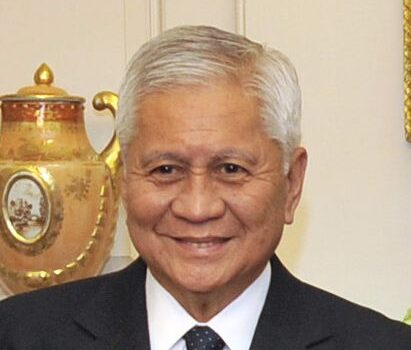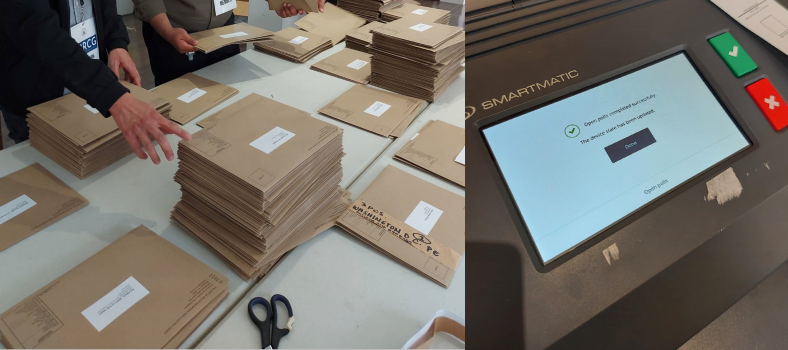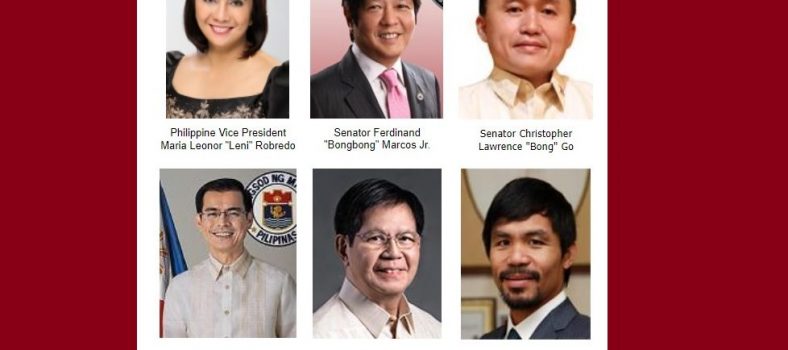Key Issues in US-Philippines Relations in 2016 And Beyond
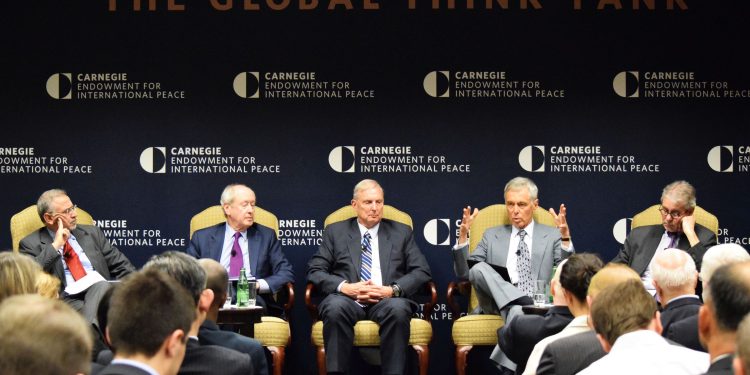
WASHINGTON, D.C.- On May 4, 2016, with just five days before Filipinos cast their votes for president and vice-president, the Carnegie Endowment for International Peace hosted the second Philippines Votes 2016 forum.Four Southeast Asia experts offered perspectives on post-election foreign policy challenges, including internal security threats, tensions arising from territorial disputes in the South China Sea, and President Aquino’s unfinished economic reform agenda. The forum was jointly organized by CEIP in partnership with the Johns Hopkins Southeast Asia Studies Program and the US-Philippines Society.
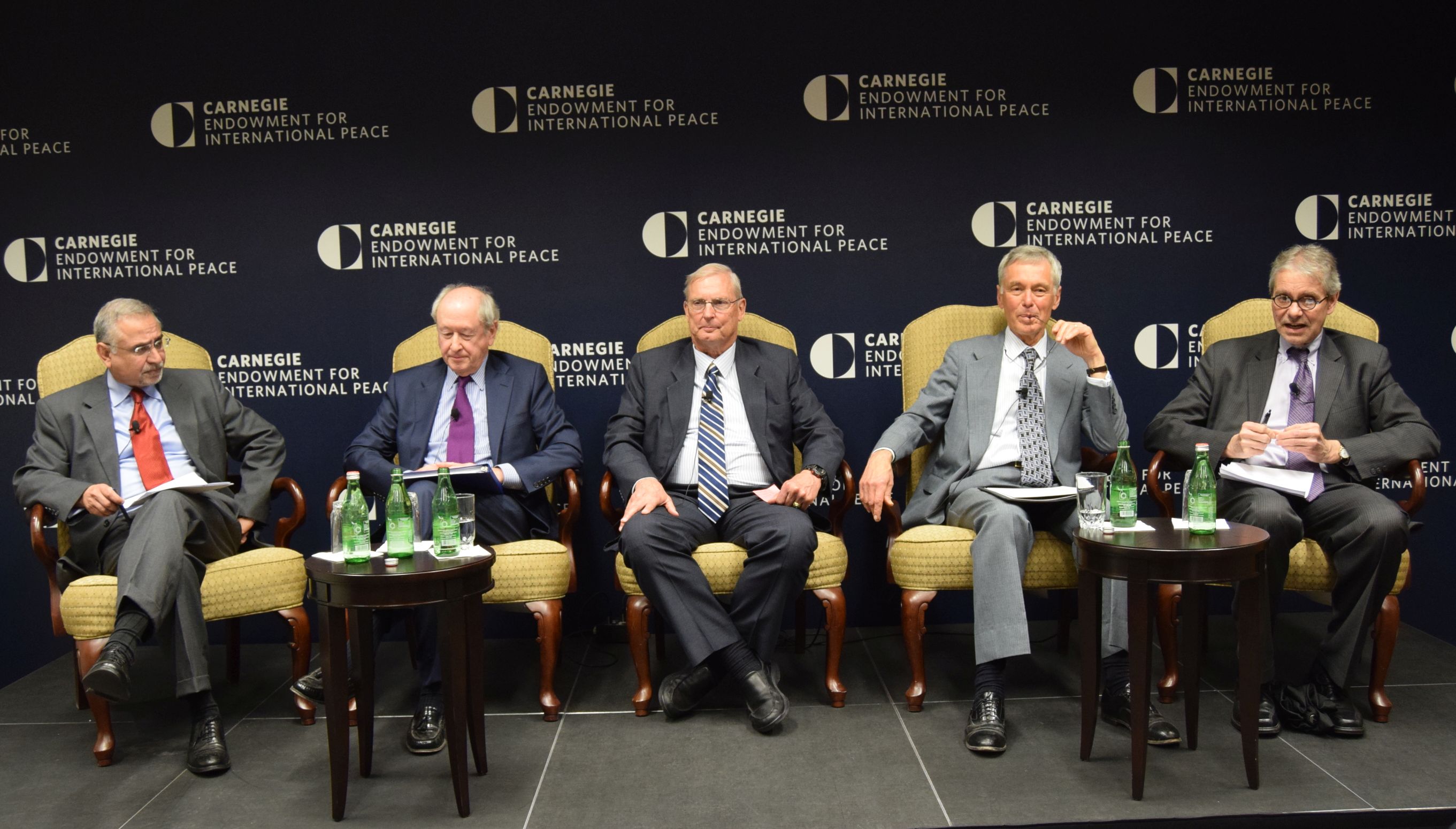
(L-R) Vikram Nehru (moderator), Prof. William Wise, Michael Eiland, Marvin C. Ott and Murray Hiebert
William Wise, Senior Associate Dean at the Johns Hopkins Southeast Asia Studies Program observed that American relations with the Philippines are driven by changing currents in politics and the economy, and have been drawn closer in the face of heightened security threats. The next president will continue to face the challenge of aligning defense policies to address both internal threats in Mindanao/Sulu and territorial challenges along the Philippines’ maritime frontier. Adherence to international norms in fighting crime and advancing a broader security agenda will be consequential in the US-Philippines relationship.
“The internal threat is largely centered on crime and law & order,” stated Michael Eiland, a former military officer with extensive experience in the Philippines. Ongoing terrorist activities and hostage-taking in the southern Philippines have not been featured in the election campaign. There is greater public concern over how best to deal with challenges in the South China Sea.
- Senior Associate Dean at the Johns Hopkins Southeast Asia Studies Program
- Michael Eiland, a former military officer with extensive experience in the Philippines.
- Murray Hiebert, Senior Fellow and deputy director for Southeast Asia at CSIS.
- Marvin C. Ott, lecturer and visitng scholar in Southeast Asia Studies at SAIS
Marvin C. Ott, lecturer and visitng scholar in Southeast Asia Studies at SAIS traced the evolving bilateral security environment since the 1951 Mutual Defense Treaty that was largely benign in the post-Cold War era. Threat perceptions began to change after the 1995 Mischief Reef standoff. The Armed Forces of the Philippines has been historically structured as a domestic force, but events in the South China Sea compelled Manila to move gradually to strengthen maritime domain awareness and enter into an Enhanced Defense Cooperation Agreement with the U.S. Ott signaled the possibility of perilous times ahead as claimant countries weigh next steps in territorial waters after the international arbitration case decision is rendered.
Murray Hiebert, Senior Fellow and deputy director for Southeast Asia at CSIS addressed economic issues, noting that the Trans Pacific Partnership has factored only minimally in the election campaign rhetoric. But, he observed that candidates generally acknowledge the benefits of opening the economy to attract foreign investments.
- (L-R) US-Philippines Society Executive Director Hank Hendrickson, Society President Amb John F. Maisto and Ambassador Jose L. Cuisia, Jr.
- Vikram Nehru (Moderator), Senior Associate, Asia Program, Carnegie Endowment for International Peace

